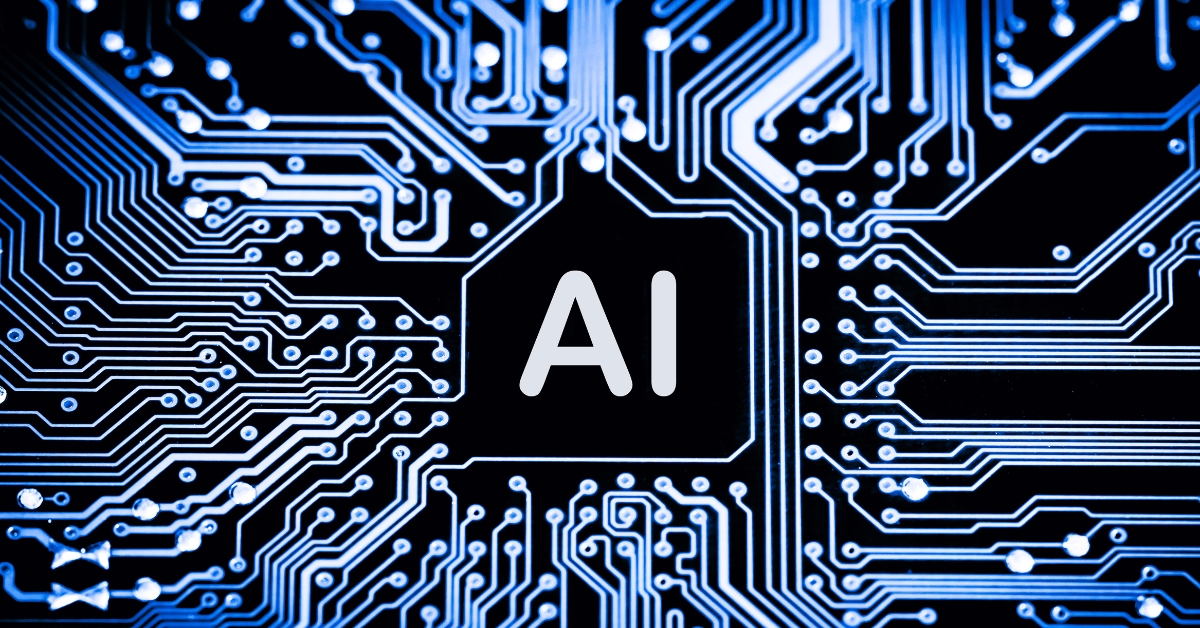- The Rise of Artificial Intelligence (AI)
- Potential Ethical Concerns
- Importance of Responsible AI Development
- Key Considerations for Ethical AI
- The Role of Farsoft Infotech in Responsible AI Development
The Rise of Artificial Intelligence (AI).
In September 2012, artificial intelligence (AI) was a rapidly evolving field with immense potential to revolutionize various aspects of our lives. From facial recognition software to machine learning algorithms, AI applications were making significant strides. However, alongside the excitement surrounding AI, there were growing concerns about its ethical implications.
Potential Ethical Concerns.
Several ethical considerations surrounded AI development in 2012, including:
- Bias: AI algorithms could perpetuate biases present in the data they are trained on, leading to discriminatory outcomes. For example, an AI system used for loan applications could unintentionally disadvantage certain demographics.
- Transparency and accountability: The inner workings of complex AI systems could be opaque, making it difficult to understand how they arrive at decisions. This lack of transparency could raise concerns about accountability, particularly in situations where AI makes critical choices.
- Privacy: AI systems that collect and analyze vast amounts of data could raise privacy concerns. It’s crucial to ensure responsible data collection practices and user privacy is protected.
- Job displacement: As AI automates tasks previously performed by humans, concerns arose regarding potential job displacement and the impact on the workforce.
Importance of Responsible AI Development.
Addressing these ethical concerns was critical for ensuring responsible AI development in 2012. By proactively addressing these challenges, we could ensure AI benefits society without compromising ethical principles.
Key Considerations for Ethical AI.
Several key considerations were paramount for ethical AI development:
- Data quality and fairness: Ensuring AI training data is unbiased and representative of the intended population could help mitigate bias in AI decision-making.
- Transparency and explainability: Developers should strive to create AI systems with a level of transparency that allows for understanding how they reach their conclusions.
- Privacy by design: Privacy considerations should be integrated into the design and development of AI systems from the outset.
- Human oversight: Human oversight remained crucial for critical decision-making processes, even with advanced AI.
- Ethical impact assessments: Conducting thorough ethical impact assessments before deploying AI systems could identify potential issues and ensure responsible implementation.
The Role of Farsoft Infotech in Responsible AI Development.
Firms like Farsoft Infotech, with expertise in software development, could play a significant role in promoting responsible AI practices. Farsoft Infotech could offer services such as:
- Ethical AI consulting: Advising clients on best practices for ethical AI development and deployment.
- Data quality assessment and cleansing: Helping ensure AI training data is unbiased and representative.
- Development of transparent and explainable AI systems: Integrating explainability features into AI models to increase transparency.
- Privacy impact assessments: Conducting assessments to identify and mitigate privacy risks associated with AI applications.
Conclusion.
In September 2012, AI was poised to reshape our world. By prioritizing responsible development practices and addressing ethical concerns, we could harness the power of AI for good and ensure it benefits society as a whole. Firms like Farsoft Infotech, with their commitment to ethical development principles, could play a crucial role in steering the future of AI responsibly.
